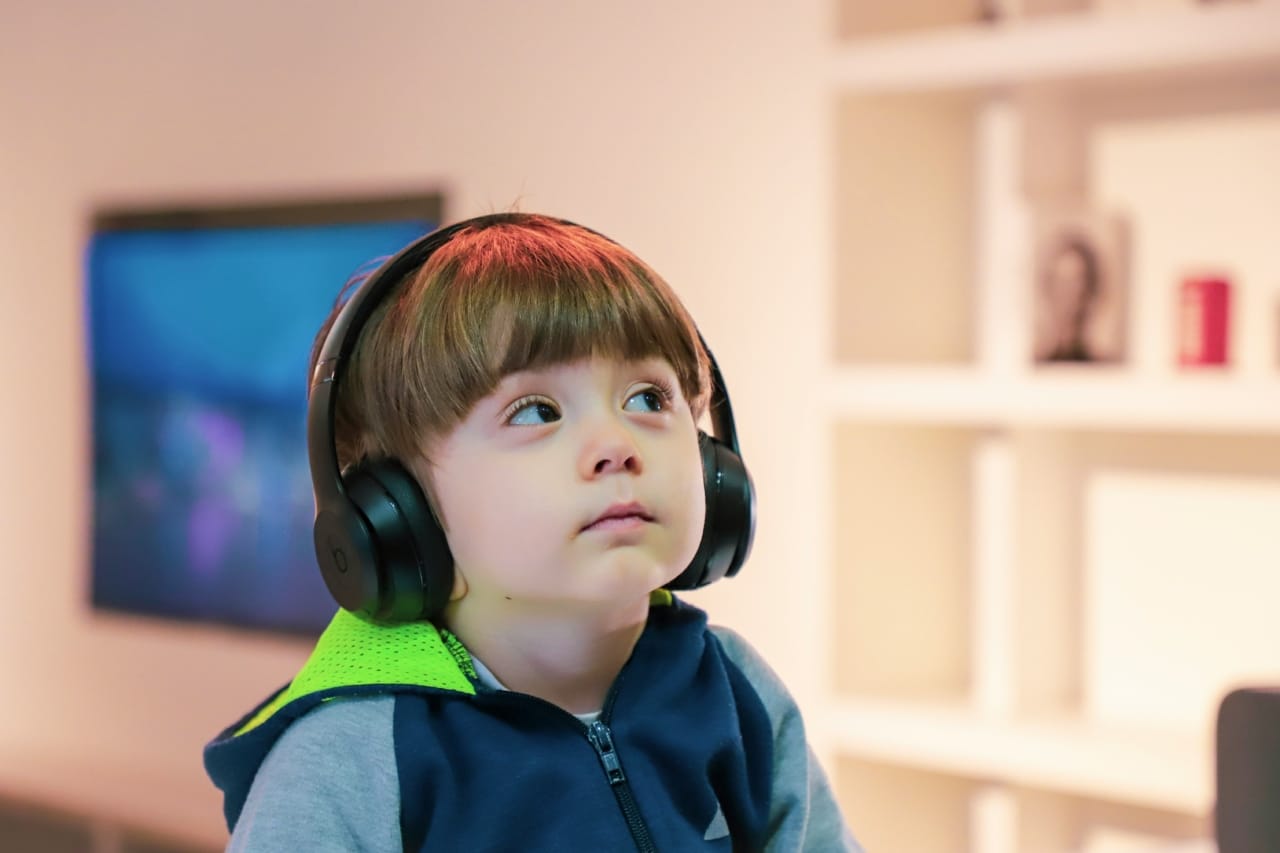As artificial intelligence (AI) continues to advance, it offers exciting opportunities to revolutionize the early childhood field, benefiting both professionals and children alike.
For early childhood professionals, AI can automate time-consuming administrative duties such as scheduling, progress tracking, and generating real-time reports on children’s development. These reports offer valuable insights that can guide decision-making, improve communication with families, and ensure that each child’s unique needs are being addressed.
AI’s potential goes beyond just administrative support; it is also poised to make a significant impact in special education, particularly for neurodivergent people.
More than 620,000 children with autism are born each year and up to 40% unemployed adults in the US are neurodiverse.
AI-powered technologies are being used to create adaptive learning environments that cater to children with autism, ADHD, and other neurodivergent conditions. From tools that aid in speech and language development to those that help children practice social skills, AI can offer personalized, targeted interventions that support each child’s developmental journey.
In this way, the integration of AI into the early childhood field not only helps professionals by improving efficiency but also opens doors to more personalized learning experiences that can make a meaningful difference in the lives of all children.
Our professional development team spoke to an AI industry leader who specializes in “digital helpers” for autistic teens and young adults. Fill out the form below to learn more about AI, how current innovations are being used and what the future might hold.
 “While many were focused on recreational multi-user gaming in the early 2000s, I was exploring its use for global teams, distance learning, remote consulting, and supporting the neurodiverse,” says Dr. Julie E. LeMoine, Assistant Professor in the Department of Psychology at UMass Chan Medical School and Director of the NeuroInova Lab at the Eunice Kennedy Shriver Center.
“While many were focused on recreational multi-user gaming in the early 2000s, I was exploring its use for global teams, distance learning, remote consulting, and supporting the neurodiverse,” says Dr. Julie E. LeMoine, Assistant Professor in the Department of Psychology at UMass Chan Medical School and Director of the NeuroInova Lab at the Eunice Kennedy Shriver Center.
Read Now!
“Artificial Intelligence and the Early Childhood Field: Exploring Potential to Enhance Education, Communication and Inclusivity”




